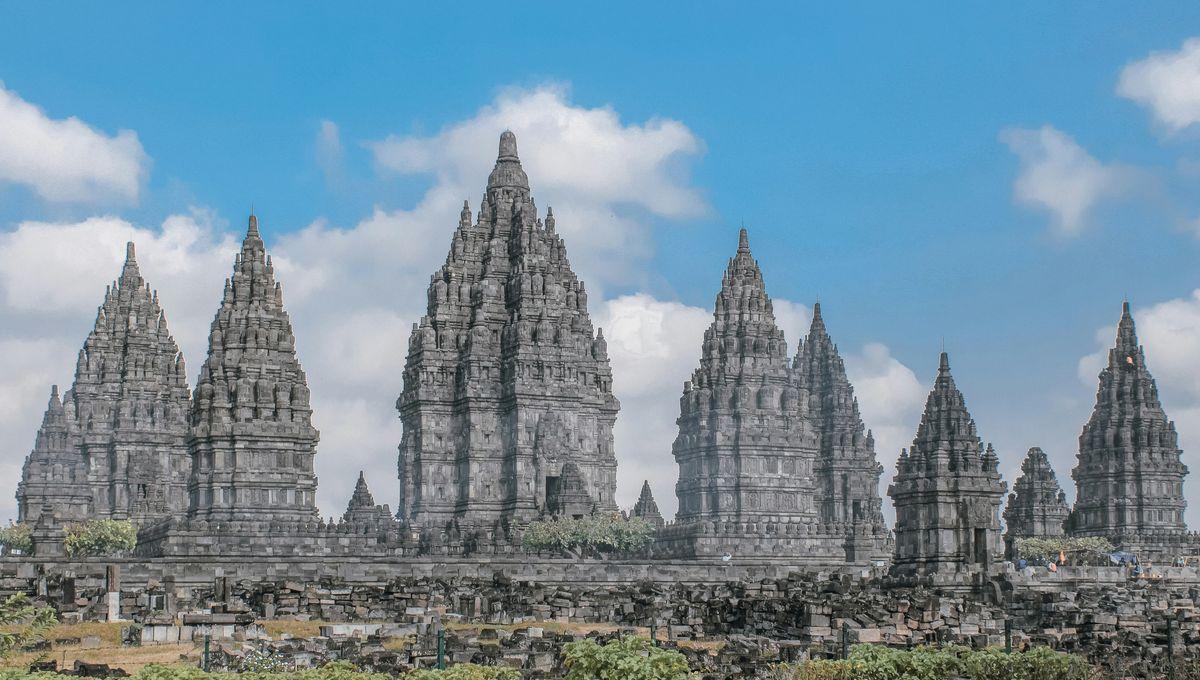-
أخر الأخبار
- استكشف
-
الصفحات
-
المدونات
-
المنتديات
What Is The Oldest Religion In The World?

What Is The Oldest Religion In The World?
Hinduism is often considered the oldest surviving religion in the world, although there are some competing ideas that make this a very knotty (and fascinating) question to answer.
The rest of this article is behind a paywall. Please sign in or subscribe to access the full content. The first glimmers of what would become Hinduism emerged in the Indus River Valley around 4,000 years ago. However, its origins are hazy, and it's tricky to stamp an official “start date” on the religion; Hinduism doesn’t have a sole founder nor a single sacred book written on a set date. Instead, it can be considered a fusion of various cultures, ancient traditions, philosophies, texts, and practices from the ancient Indian subcontinent. Woven from countless intertwined threads, it's almost impossible to trace it back to a single beginning, but we know it features some elements that are old – really old. Things become clearer with the emergence of the Vedas, texts central to Hindu spiritual thought, which are widely accepted to have been created as far back as 1500 BCE. Following the Vedic period, which ended around 500 BCE, some scholars identify an era known as the “Hindu synthesis,” in which many diverse ideas were consolidated into something more whole that over time became the foundation of what we now recognize as Hinduism. Even today, religious beliefs and practices remain incredibly diverse among the world’s ~1 billion Hindus, approximately 94 percent of whom live in India. This enigmatic origin and evolving nature can make Hinduism difficult to define, let alone pinpoint when it truly began. The word “Hinduism” itself is an exonym, initially defined by outsiders rather than by those native to the region. One controversial and hotly debated perspective suggests that the idea of “Hinduism” itself only emerged in the 19th century, when the British Empire, applying a rigid European notion of religion, attempted to categorize and simplify this much more complex and fluid collection of beliefs and practices. Nevertheless, perhaps this fluid property is precisely what has allowed it to endure for millennia, constantly adapting and absorbing new ideas while remaining rooted in some of humanity’s oldest spiritual traditions. Many age-old religions face a similar problem. Unlike modern institutions, they rarely have a single “birthday” or founding date. For instance, Judaism evolved over centuries through the teachings and traditions of Abraham, Moses, and other early figures, rather than beginning on a specific date. Some argue it has a direct history that's over 4,000 years old, while some scholars claim that people only started truly practicing Jewish traditions and identifying as Jews much later. Similarly, Buddhism and Jainism emerged around the 6th century BCE in the Indian subcontinent, but both developed gradually from philosophical and spiritual movements rather than popping up fully formed on a single day. There is also the question of smaller “folk” religions, many of which draw on ideas and traditions that have been passed down for centuries, if not millennia. The history of these religions is arguably even more awkward to pin down than that of the world’s major faiths. Many folk religions are transmitted orally, leaving little physical evidence for scholars to study. In some cases, their histories have been deliberately crushed through violent persecution or cultural suppression. All of this is a good reminder that the world – whether in quantum physics, where subatomic particles refuse to be precisely described, or in biology, where the boundaries of life blur – is not easy to strictly define, categorize, or place on a timeline. The human world, particularly the realm of spirituality and belief, is an especially slippery beast that can resist attempts at neat classification.What is the oldest religion?


